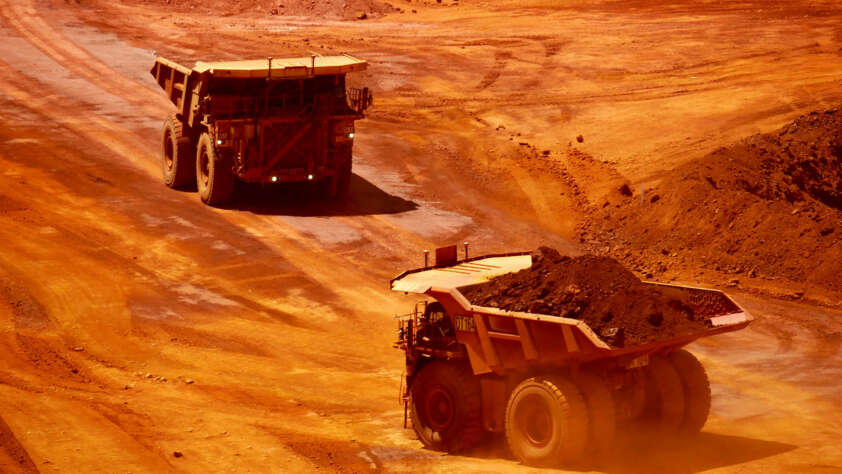The full report is available here
As the use of Electric Vehicles (EVs) continues to rise, a new report launched today forecasts a bright future for the Western Australian lithium industry, however warns Government support is vital for the sector to remain sustainable, so that the State can take advantage of the growing future global demand for lithium.
The report, titled ‘A case for building resilience into Western Australia’s lithium industry,’ was commissioned by The Chamber of Minerals and Energy of Western Australian (CME) and The Association of Mining and Exploration Company (AMEC) to investigate what was needed to ensure the immediate viability, growth and longer term sustainability of Western Australia’s lithium industry.
The study, authored by Australian Venture Consultants, found the application of lithium ion batteries in portable devices, energy storage and particularly EV’s will grow from the current 50 per cent to more than 80 per cent market share in the next several years.
Importantly for WA, EVs will be the largest driver of battery derived demand for lithium, growing from the current 60 per cent to just under 90 per cent of market share in the next few years.
CME Chief Executive Paul Everingham said Western Australia had a real opportunity to leverage the emerging lithium sector and become a key strategic player in the rapidly expanding lithium-ion battery supply chain.
“WA is already a significant producer of lithium, representing 50 per cent of global supply of lithium on an LCE basis. This is underpinned by significant production capacity from nine projects, both established and prospective,” he said.
“Our comparative advantage in the production of spodumene concentrate and the opportunities to convert this advantage into the manufacture of immediate downstream lithium chemicals presents a significant opportunity for the State’s ongoing economic growth and diversification.
“However, global market and other factors are impacting the competitiveness of Western Australia’s upstream lithium sector, and by extension, the viability of downstream opportunities in lithium chemical manufacturing.”
Lithium projects are resource intensive and require a relatively large workforce. In 2019, Western Australian lithium companies provided around 4,000 fulltime jobs. While lithium exports make up one percent of total resources exports, the sector employs four percent of the total mining workforce.
AMEC Chief Executive Warren Pearce said government policy settings to support the competitiveness of current and potential Western Australian lithium projects will be critical in the short to medium term to secure the viability of our upstream mining industry.
Mr Pearce said policy options recommended by the report included royalty relief, infrastructure support, port access, approval timeframe improvements and better supply chain connectivity.
“Despite well-placed optimism for the lithium industry into the future, it is difficult to see market conditions in the short-term supporting further significant investment in lithium chemical manufacturing in Western Australia,” he said.
“Put simply, without a sustainable up-stream sector WA simply won’t be in a position to capitalise on future downstream opportunities.”



